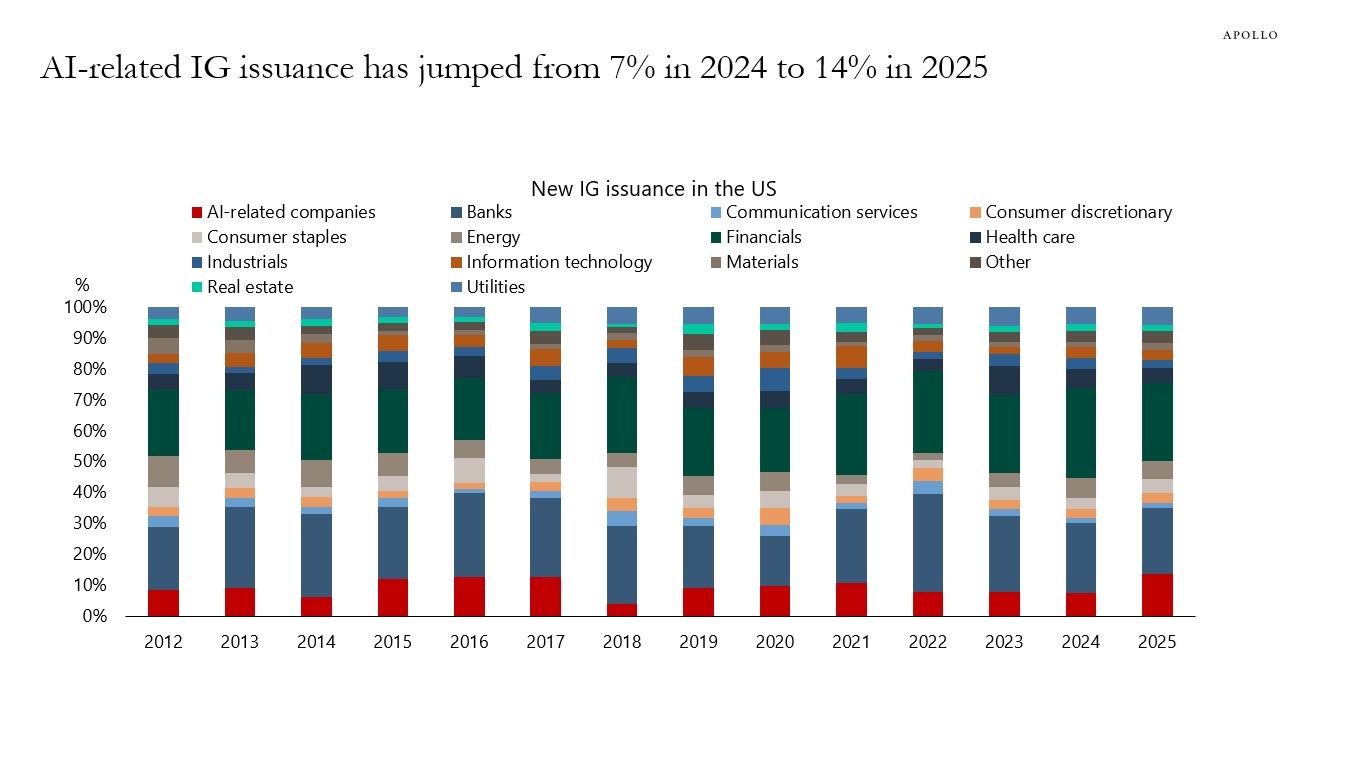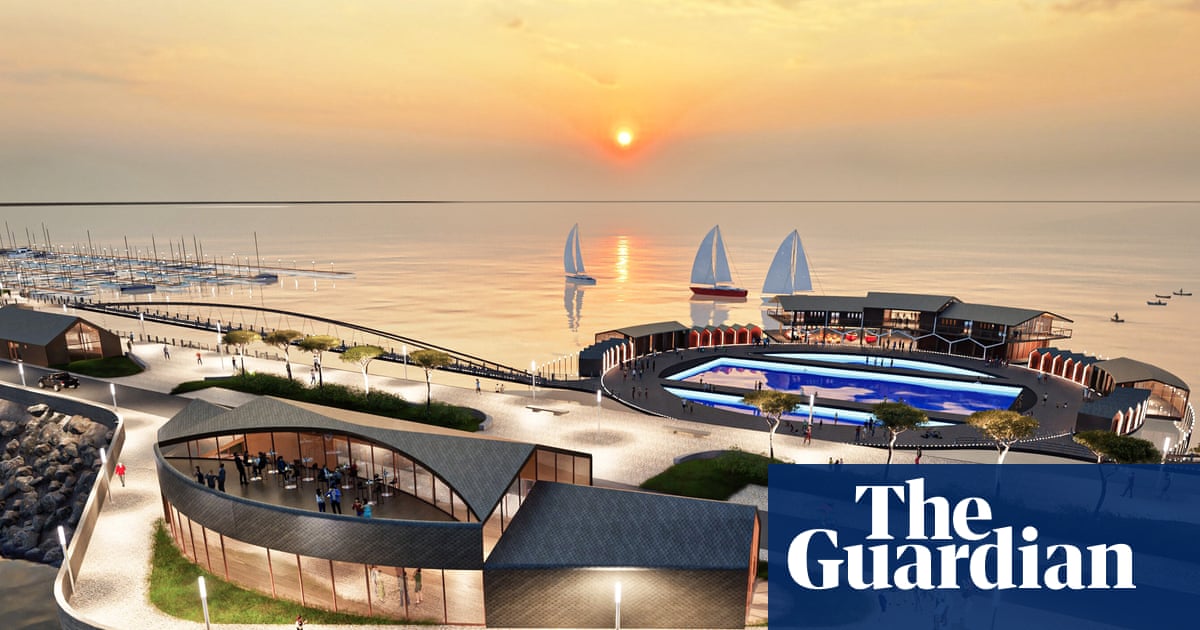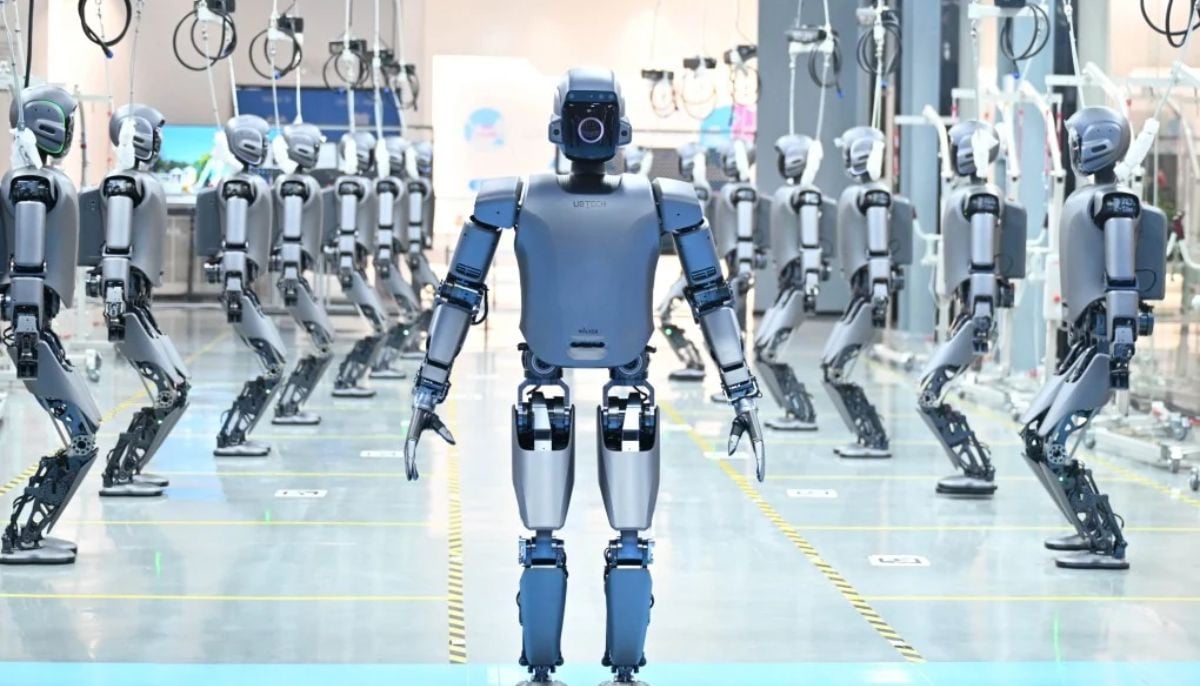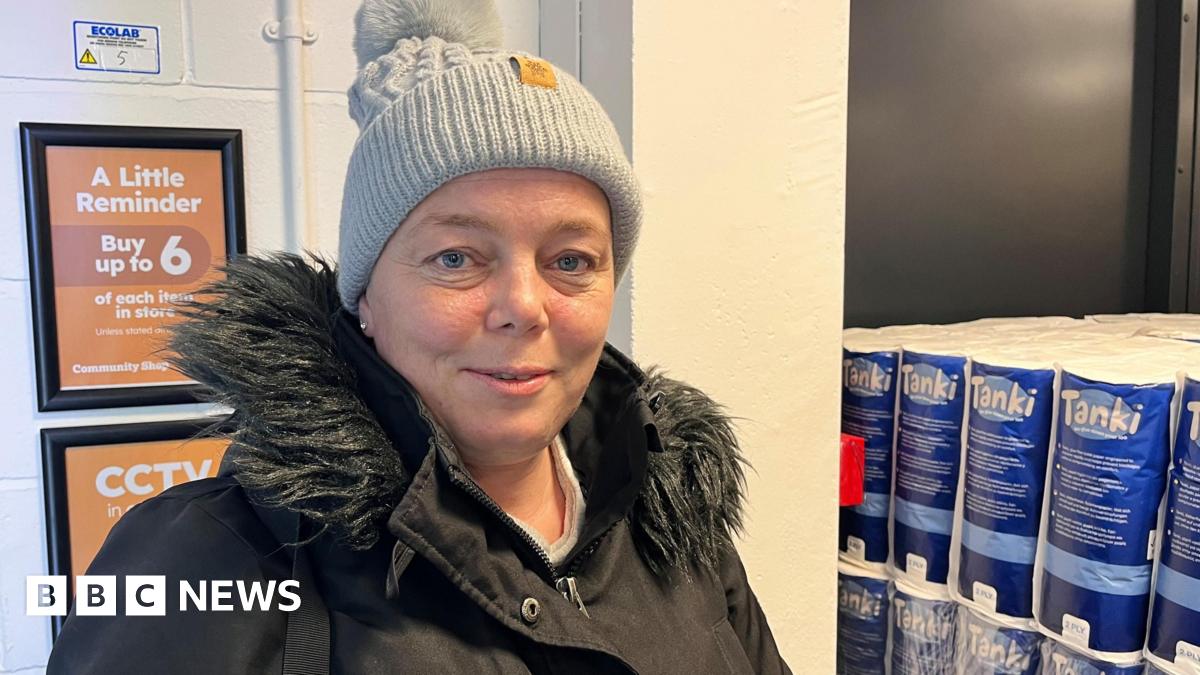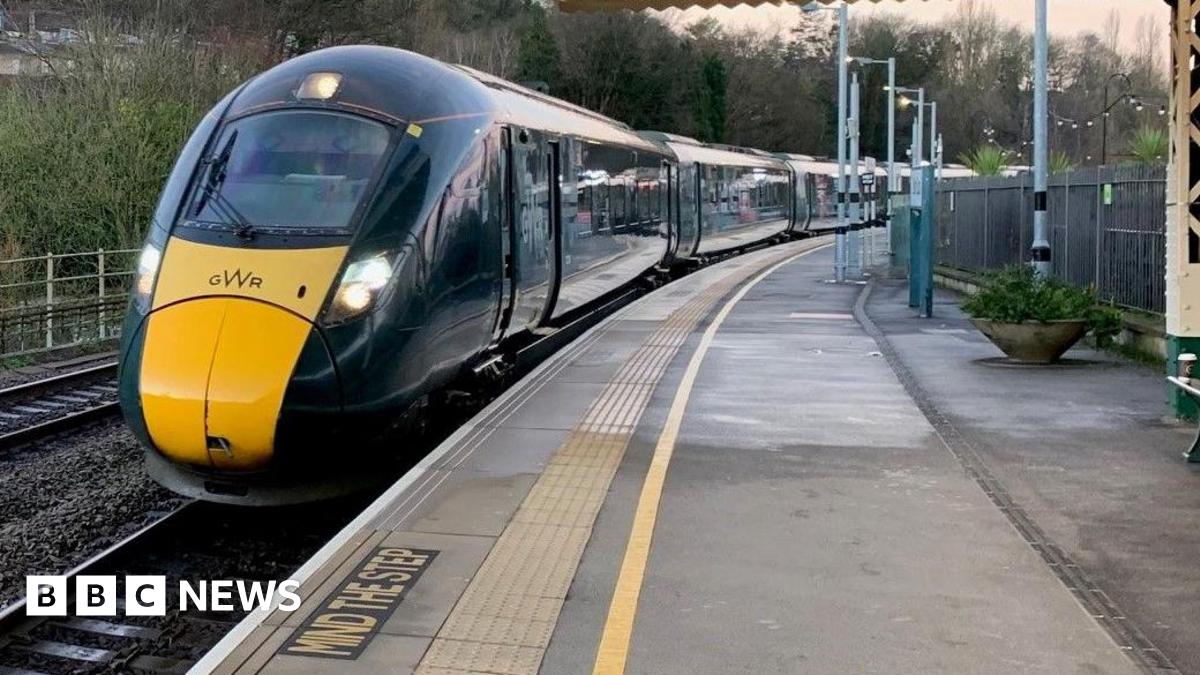Weber, R. W. S. Biology and control of the Apple canker fungus Neonectria ditissima (syn. N. galligena) from a Northwestern European perspective. Erwerbs-Obstbau 56, 95–107 (2014).
Google Scholar
Ghasemkhani, M. Resistance against fruit tree canker in apple (SLU, 2015).
Gómez-Cortecero, A. et al. Variation in host and pathogen in the Neonectria/Malus Interaction; toward an Understanding of the genetic basis of resistance to European canker. Front. Plant. Sci. 7, 1365 (2016).
Google Scholar
Bus, V. G. M. et al. Genetic mapping of the European canker (Neonectria ditissima) resistance locus Rnd1 from Malus ‘Robusta 5’. Tree Genet. Genomes. 15, 25 (2019).
Google Scholar
Karlström, A. et al. Identification of novel genetic regions associated with resistance to European canker in Apple. BMC Plant. Biol. 22, 452 (2022).
Google Scholar
Bus, V. et al. Preliminary genetic mapping of fire blight and European canker resistances in two apple breeding families. Acta Hortic. 199–204. https://doi.org/10.17660/ActaHortic.2021.1307.31 (2021).
Skytte af Sätra, J., Odilbekov, F., Ingvarsson, P. K., van de Weg, E. & Garkava-Gustavsson, L. Parametric mapping of QTL for resistance to European canker in Apple in ‘Aroma’ × ‘Discovery’. Tree Genet. Genomes. 19, 12 (2023).
Google Scholar
Nelson, R., Wiesner-Hanks, T., Wisser, R. & Balint-Kurti, P. Navigating complexity to breed disease-resistant crops. Nat. Rev. Genet. 19, 21–33 (2018).
Google Scholar
Stephens, C., Hammond-Kosack, K. E. & Kanyuka, K. WAKsing plant immunity, waning diseases. J. Exp. Bot. 73, 22–37 (2022).
Google Scholar
Liu, X. et al. PacBio full-length transcriptome of wild Apple (Malus sieversii) provides insights into canker disease dynamic response. BMC Genom. 22, 52 (2021).
Google Scholar
Dixon, R. A. et al. The phenylpropanoid pathway and plant defence-a genomics perspective. Mol. Plant. Pathol. 3, 371–390 (2002).
Google Scholar
Kaur, S. et al. How do plants defend themselves against pathogens-Biochemical mechanisms and genetic interventions. Physiol. Mol. Biol. Plants. 28, 485–504 (2022).
Google Scholar
Liao, W. et al. Identification of glutathione S-transferase genes responding to pathogen infestation in Populus tomentosa. Funct. Integr. Genomics. 14, 517–529 (2014).
Google Scholar
Li, P. et al. Fungal canker pathogens trigger carbon starvation by inhibiting carbon metabolism in Poplar stems. Sci. Rep. 9, 10111 (2019).
Google Scholar
Purohit, A. et al. Comparative transcriptomic profiling of susceptible and resistant cultivars of Pigeonpea demonstrates early molecular responses during Fusarium Udum infection. Sci. Rep. 11, 22319 (2021).
Google Scholar
Bergmann, T. et al. QTL mapping and transcriptome analysis identify novel QTLs and candidate genes in Brassica villosa for quantitative resistance against Sclerotinia sclerotiorum. Theor. Appl. Genet. 136, 86 (2023).
Google Scholar
Wang, J. et al. Pangenome-Wide association study and transcriptome analysis reveal a novel QTL and candidate genes controlling both panicle and leaf blast resistance in rice. Rice (N Y). 17, 27 (2024).
Google Scholar
Fredericksen, M., Fields, P. D., Pasquier, D., Ricci, L., Ebert, D. & V. & QTL study reveals candidate genes underlying host resistance in a red queen model system. PLoS Genet. 19, e1010570 (2023).
Google Scholar
Sia, J., Zhang, W., Cheng, M., Bogdan, P. & Cook, D. E. Machine learning-based identification of general transcriptional predictors for plant disease. New. Phytol. 245, 785–806 (2025).
Google Scholar
Panahi, B. & Hassani, M. Hosseinzaeh Gharajeh, N. Integrative analysis of RNA-Seq data and machine learning approaches to identify biomarkers for Rhizoctonia Solani resistance in sugar beet. Biochem. Biophys. Rep. 41, 101920 (2025).
Google Scholar
Gómez-Cortecero, A. The Molecular Basis of Pathogenicity of Neonectria Ditissima (University of Reading, 2019).
Aronesty, E. Comparison of sequencing utility programs. Open. Bioinforma J. 7, 1–8 (2013).
Google Scholar
Andrews, S. FastQC: A Quality Control Tool for High Throughput Sequence Data (Babraham Bioinformatics, 2023).
Patro, R., Duggal, G., Love, M. I., Irizarry, R. A. & Kingsford, C. Salmon provides fast and bias-aware quantification of transcript expression. Nat. Methods. 14, 417–419 (2017).
Google Scholar
Diaz-Uriarte, R. & GeneSrF VarSelRF: a web-based tool and R package for gene selection and classification using random forest. BMC Bioinform. 8, 328 (2007).
Google Scholar
Friedman, J. H. & Meulman, J. J. Clustering objects on subsets of attributes (with discussion). J. Royal Stat. Soc. B. 66, 815–849 (2004).
Google Scholar
Delgado, A., García-Fernández, B., Gómez-Cortecero, A. & Dapena, E. Susceptibility of Cider Apple Accessions to European Canker-Comparison between Evaluations in Field Planted Trees and Rapid Screening Tests. Plants 11, (2022).
Shuttleworth, L. A., Newman, S. & Korkos, I. A comparison of new and existing rootstocks to reduce canker of Apple trees caused by Neonectria ditissima (Nectriaceae, Hypocreales). CABI Agric. Biosci. 4, 37 (2023).
Google Scholar
Robinson, M. D., McCarthy, D. J. & Smyth, G. K. EdgeR: a bioconductor package for differential expression analysis of digital gene expression data. Bioinformatics 26, 139–140 (2010).
Google Scholar
Law, C. W., Chen, Y., Shi, W. & Smyth, G. K. voom: precision weights unlock linear model analysis tools for RNA-seq read counts. Genome Biol. 15, R29 (2014).
Google Scholar
Phipson, B., Lee, S., Majewski, I. J., Alexander, W. S. & Smyth, G. K. Robust hyperparameter Estimation protects against hypervariable genes and improves power to detect differential expression. Ann. Appl. Stat. 10, 946–963 (2016).
Google Scholar
Jung, S. et al. 15 years of GDR: new data and functionality in the genome database for rosaceae. Nucleic Acids Res. 47, D1137–D1145 (2019).
Google Scholar
Cantalapiedra, C. P., Hernández-Plaza, A., Letunic, I., Bork, P. & Huerta-Cepas J. eggNOG-mapper v2: functional annotation, orthology assignments, and domain prediction at the metagenomic scale. Mol. Biol. Evol. 38, 5825–5829 (2021).
Google Scholar
Wu, T. et al. ClusterProfiler 4.0: A universal enrichment tool for interpreting omics data. Innov. (Camb). 2, 100141 (2021).
Google Scholar
Kanehisa, M. & Goto, S. K. E. G. G. Kyoto encyclopedia of genes and genomes. Nucleic Acids Res. 28, 27–30 (2000).
Google Scholar
Paysan-Lafosse, T. et al. InterPro in 2022. Nucleic Acids Res. 51, D418–D427 (2023).
Google Scholar
Degenhardt, F., Seifert, S. & Szymczak, S. Evaluation of variable selection methods for random forests and omics data sets. Brief. Bioinf. 20, 492–503 (2019).
Google Scholar
Dong, N. Q. & Lin, H. X. Contribution of phenylpropanoid metabolism to plant development and plant-environment interactions. J. Integr. Plant. Biol. 63, 180–209 (2021).
Google Scholar
Sun, H. et al. Analysis of five rice 4-coumarate:coenzyme A ligase enzyme activity and stress response for potential roles in lignin and flavonoid biosynthesis in rice. Biochem. Biophys. Res. Commun. 430, 1151–1156 (2013).
Google Scholar
Alariqi, M. et al. Cotton 4-coumarate-CoA ligase 3 enhanced plant resistance to Verticillium dahliae by promoting jasmonic acid signaling-mediated vascular lignification and metabolic flux. Plant. J. 115, 190–204 (2023).
Google Scholar
Dhokane, D., Karre, S., Kushalappa, A. C. & McCartney, C. Integrated Metabolo-Transcriptomics reveals fusarium head blight candidate resistance genes in wheat QTL-Fhb2. PLoS ONE. 11, e0155851 (2016).
Google Scholar
Li, P., Ruan, Z., Fei, Z., Yan, J. & Tang, G. Integrated transcriptome and metabolome analysis revealed that flavonoid biosynthesis May dominate the resistance of Zanthoxylum bungeanum against stem canker. J. Agric. Food Chem. 69, 6360–6378 (2021).
Google Scholar
Xu, J., Wang, X. & Guo, W. The cytochrome P450 superfamily: key players in plant development and defense. J. Integr. Agric. 14, 1673–1686 (2015).
Google Scholar
Miedes, E., Vanholme, R., Boerjan, W. & Molina, A. The role of the secondary cell wall in plant resistance to pathogens. Front. Plant. Sci. 5, 358 (2014).
Google Scholar
Liu, L., Liu, J. & Xu, N. Ligand recognition and signal transduction by lectin receptor-like kinases in plant immunity. Front. Plant. Sci. 14, 1201805 (2023).
Google Scholar
Pi, L. et al. A G-type lectin receptor-like kinase in Nicotiana benthamiana enhances resistance to the fungal pathogen Sclerotinia sclerotiorum by complexing with CERK1/LYK4. Phytopathol. Res. 5, 27 (2023).
Google Scholar
Bao, Y. et al. A pair of G-type lectin receptor-like kinases modulates nlp20-mediated immune responses by coupling to the RLP23 receptor complex. J. Integr. Plant. Biol. 65, 1312–1327 (2023).
Google Scholar
Ortiz-Morea, F. A., Liu, J., Shan, L. & He, P. Malectin-like receptor kinases as protector deities in plant immunity. Nat. Plants. 8, 27–37 (2022).
Google Scholar
Taylor, R. J., Tagiltsev, G. & Briggs, J. A. G. The structure of COPI vesicles and regulation of vesicle turnover. FEBS Lett. 597, 819–835 (2023).
Google Scholar
Li, Y., Liu, Y. & Zolman, B. K. Metabolic alterations in the Enoyl-CoA hydratase 2 mutant disrupt peroxisomal pathways in seedlings. Plant. Physiol. 180, 1860–1876 (2019).
Google Scholar
Song, L., Fang, Y., Chen, L., Wang, J. & Chen, X. Role of non-coding RNAs in plant immunity. Plant. Commun. 2, 100180 (2021).
Google Scholar
Harkenrider, M. et al. Overexpression of rice Wall-Associated kinase 25 (OsWAK25) alters resistance to bacterial and fungal pathogens. PLoS ONE. 11, e0147310 (2016).
Google Scholar
Liu, Z. et al. The cysteine rich necrotrophic effector SnTox1 produced by Stagonospora nodorum triggers susceptibility of wheat lines harboring Snn1. PLoS Pathog. 8, e1002467 (2012).
Google Scholar
Zuo, C. et al. Genome-wide annotation and expression responses to biotic stresses of the WALL-ASSOCIATED KINASE – RECEPTOR-LIKE KINASE (WAK-RLK) gene family in Apple (Malus domestica). Eur. J. Plant. Pathol. 153, 1–15 (2018).
Google Scholar
Guo, L. et al. Specific recognition of two MAX effectors by integrated HMA domains in plant immune receptors involves distinct binding surfaces. Proc. Natl. Acad. Sci. USA. 115, 11637–11642 (2018).
Google Scholar
Dutta, T. K. et al. Functional analysis of a susceptibility gene (HIPP27) in the Arabidopsis thaliana-Meloidogyne incognita pathosystem by using a genome editing strategy. BMC Plant. Biol. 23, 390 (2023).
Google Scholar
Nakao, M., Nakamura, R., Kita, K., Inukai, R. & Ishikawa, A. Non-host resistance to penetration and hyphal growth of Magnaporthe oryzae in Arabidopsis. Sci. Rep. 1, 171 (2011).
Google Scholar
Fukuoka, S. et al. Loss of function of a proline-containing protein confers durable disease resistance in rice. Science 325, 998–1001 (2009).
Google Scholar
Cheng, Y., Xu, S. M., Santucci, K., Lindner, G. & Janitz, M. Machine learning and related approaches in transcriptomics. Biochem. Biophys. Res. Commun. 724, 150225 (2024).
Google Scholar
